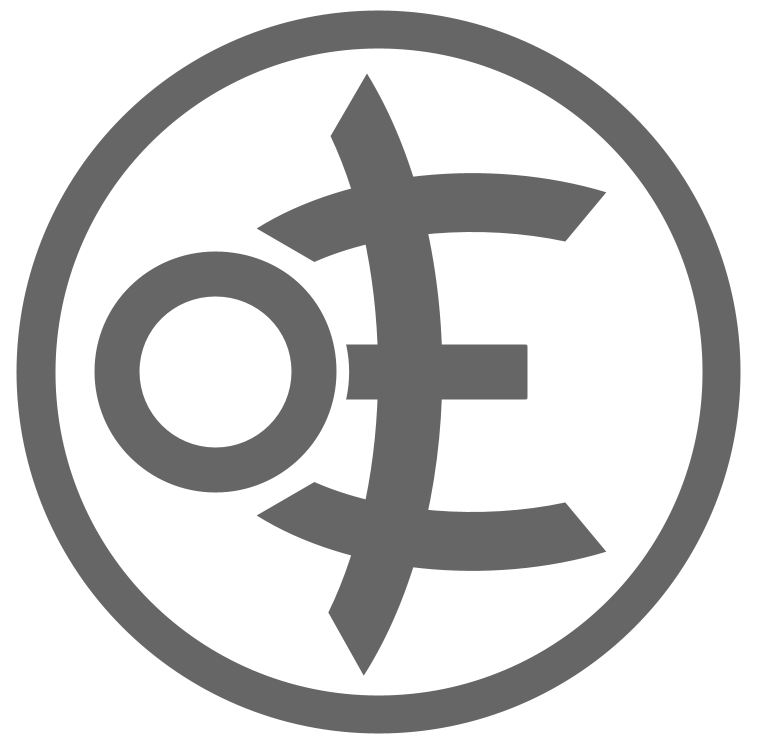@o_o@programming.dev asked “why are folks so anti-capitalist?” not long ago. It got quite a few comments. But I noticed a trend: a lot of people there didn’t agree on the definition of “capitalism”.
And the lack of common definition was hobbling the entire discussion. So I wanted to ask a precursor question. One that needs to be asked before anybody can even start talking about whether capitalism is helpful or good or necessary.
Main Question
- What is capitalism?
- Since your answer above likely included the word “capital”, what is capital?
- And either,
- A) How does capitalism empower people to own what they produce? or, (if you believe the opposite,)
- B) How does capitalism strip people of their control over what they produce?
Bonus Questions (mix and match or take them all or ignore them altogether)
- Say you are an individual who sells something you create. Are you a capitalist?
- If you are the above person, can you exist in both capitalist society and one in which private property has been abolished?
- Say you create and sell some product regularly (as above), but have more orders than you can fulfill alone. Is there any way to expand your operation and meet demand without using capitalist methods (such as hiring wage workers or selling your recipes / process to local franchisees for a cut of their proceeds, etc)?
- Is the distinction between a worker cooperative and a more traditional business important? Why is the distinction important?


Sounds like Poly Sci homework. How about you answer the questions and post them here.
Sure. To me,
capitalism is any system that supports ownership of any property – oil rigs, land, factories, assembly lines, burger machines, copyrights and patents, mines, farms, etc – that is used to collect the products of another person’s labor. (For example, when the oil rig worker is payed a wage, but the oil rig owner owns the oil that was pumped, that’s capitalism.)EDIT: Wolfhound pointed out that my definition ought to specify who is allowed to to control this property. And that’s true.
Capitalism is any system that permits all people (or non-person entities) with sufficient wealth to own property – oil rigs, land, factories, assembly lines, burger machines, copyrights and patents, mines, farms, etc – that is used to collect the products of another person’s labor. (For example, when the oil rig worker is payed a wage, but the oil rig owner or oil rig corporation owns the oil that was pumped, that’s capitalism.)
The property used in the above manner is called capital, or private property. The person using it is called a capitalist.
As for whether it is conducive to workers controlling what they produce, my answer is that – by definition – capitalism allows someone else to control what workers produce. It does not guarantee a worker any power over what they produce, and in the majority of cases (where a worker must pay rent, health insurance, food, etc and cannot afford to start their own business or buy their own equipment) it actually pressures workers into situations where they do not control what they produce.
Too short Owen. Assignment is 1250 words minimum with proper MLA citation. Resubmit before the deadline.
🤣 🤣
Look, I promise: I was just annoyed at people talking past each other on the question @o_o@programming.dev asked. And I just wanted to ask the question in a way that might address the problems that o_o’s question ran into.
I really feel like this definition is fairly incomplete. All the traits you mentioned can also describe feudalism, but replacing “capitalist” with “noble”, which is sanctioned and invested by other nobles or the suzerain. You could say that capitalism is “any system that supports private ownership of private property that is used to collect the products of another person’s labor”. With the mention that the private ownership can be asserted by either a person or an organized group of persons, but both private entities
Ah… good point. My description did nothing to distinguish capitalism from feudalism. There is necessity for some mention of who is allowed ownership of this form of property. (Or what is allowed ownership as is often the case.)
As for the word private though: I wanted to avoid more terms I would need to define that might obscure my definition. Also I’m not even sure what distinguishes private ownership from other kinds of ownership. Or what makes a private entity.
But thanks for the input. At some point I’ll edit my definition.
If you ask me it’s the exact opposite… Copying someone else’s work with no benefit to them removes a big driver for innovation.
This also only really applies with corporations - you could in theory have everyone be self-employed in a capitalist society
Ideally, copyrights and patents would protect the small inventor and small musician. Unfortunately, wielding copyrights and patents in any useful way requires other forms of capital. (You have to have wealth in order to sue someone for infringement.)
However that’s an issue with the legal system rather than anything else and could also exist without capitalism - it’s possible for the legal system to be dominated by any powerful entity from corporations to the state to unions depending on the political system, and if you don’t have enough sway within one of those powerful entities then tough luck